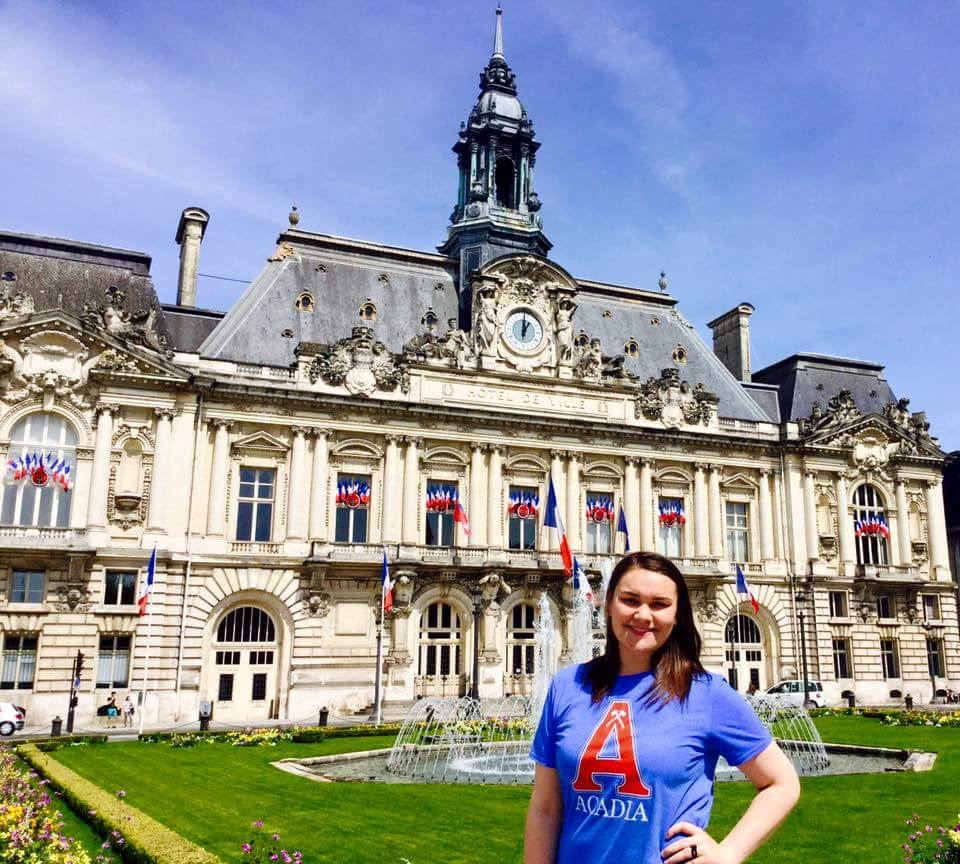I’ve noticed one big fact about this school: not many people give a shit about the newspaper or radio station. In fact, many people don’t even know we have one. With freedom-of-speech issues rampant across the world and mainstream news outlets turning to report on bigger, more glamorous events every day, small media is the only soap box we have to make known our issues. Student-driven media is very important. So why aren’t people figuring that out?
To try to figure it out myself, I phoned Brenda Grunau, station manager of CiTR, the University of British Columbia’s FM radio station. She’s been the manager since 2007, and a couple of years into her time there, CiTR was almost cut.
“If an organization was going to be on the cutting block, we were a likely subject,” she said. Even though everyone ended up with money in the end, CiTR realised that they had to do something so they wouldn’t be the one to go the next time the student union funds ran up short. “Our student members experienced frustration getting on the radio and felt like the process was too hard and intimidating, and they didn’t always feel like the station was a welcoming place. So we made some significant changes: we restructured our staff division and we made enabling volunteers and empowering our members key priorities,” Grunau said. Student members then increased dramatically from around 100 to 200-250, depending on the time of year. “We just keep increasing every year in terms of student engagement.”
So why can’t this be done at Acadia? Keeping in mind that UBC dwarfs us with a population of around 51,000 as opposed to 2,700, we ask ourselves: is a functioning radio station really that impossible? Unlike Acadia, student radio became a cultural priority at UBC and has remained so ever since.
CiTR started offering training and development programs, including a summer internship. “We [had] to change the culture of the radio station, so we’re not just shitting on other people’s musical tastes. The place has to be diverse, it has to be inclusive, it has to be open.” When Brenda said that, it made sense to me. We have a radio station whose office is almost always empty, which can stem back to the fact that there is currently no station coordinator or programming coordinator (which I only found out after sending repeated emails). With a fraction of the people that UBC has doing radio shows (and with someone organizing, training, and encouraging), we could do something amazing with our radio. Other universities should be jealous of Axe Radio (just like I’m jealous of CiTR).
CiTR also goes out of their way to encourage local bands and singers. They have enough room for a live band to play, and the shows are played inside of UBC’s new student union building. The radio station has become a central part of being a student at UBC, and that’s incredibly inspiring.
“I do feel like campus and community radio used to be a very vital part of the supply chain of being interested in music and discovering new music, and now with the internet, you don’t have to mail a record to your friends,” said Grunau. I couldn’t agree more. Campus radio is a vital part of the community of Acadia University. Although it’s only been around since 2009, Axe Radio could be a major component of our school. It can be what students turn on to hear new music, to laugh at a new show, to get local news. The sad fact is that the only way to get your voice heard at this university is to stand on top of Tower and yell really loud. Or pirate the radio station by somehow getting access to it on your student ID card. Actually, people already do this – it is not very hard to swipe in, turn on the machine and spit obscenities into the microphone. And as much as I can respect that, it’s still pretty embarrassing that it is allowed to happen.
So this is my call to action, Acadia. This is well and truly the only thing I’ve ever given a shit about, and I’m not joking around on that. Let’s make Axe Radio the best student-run radio station in Atlantic Canada.




